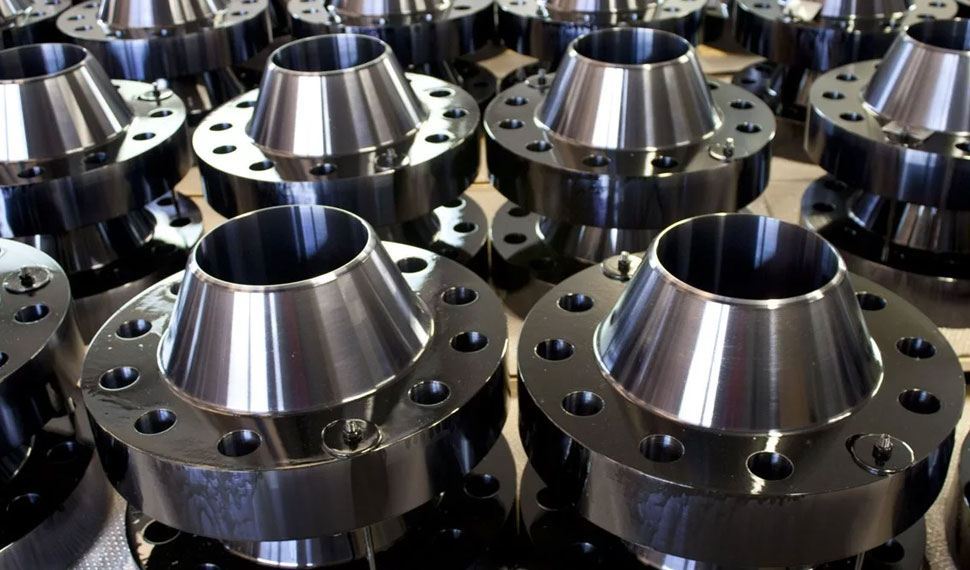Alloy steel flanges are an essential component of any piping system. They are designed to connect pipes, valves, or pumps to form a continuous pipeline, which allows fluids or gases to pass through. These flanges are made of high-quality alloy steel, which makes them resistant to corrosion and high temperature. In this blog post, we will talk about the benefits of using alloy steel flanges, the different types of flanges and their applications, and how to choose the right flange for your piping system.
Benefits of using Alloy Steel Flanges
Alloy steel flanges are known for their exceptional properties, which make them ideal for heavy industrial and gas processing applications. One of the key benefits of using alloy steel flanges is their resistance to corrosion. This means that they can withstand exposure to harsh chemicals, moisture, and other environmental factors without suffering from extensive damage. Another benefit of using Alloy Steel Flanges is their high-temperature tolerance. They can sustain their structural integrity even in extreme temperatures, making them perfect for high-pressure and high-temperature applications.
Types of Alloy Steel Flanges and Their Applications
Alloy steel flanges come in different types, each designed for a specific purpose. The most common types of alloy steel flanges are slip-on, weld neck, socket weld, blind, lap joint, threaded, and spectacle. Slip-on flanges are used for applications where easy assembly and disassembly are required. Weld neck flanges are ideal for high-pressure applications and are commonly used in petrochemical and oil and gas industries.
Socket Weld flanges are used in small bore pipelines where they provide a high degree of strength and durability. Blind flanges are used to seal off the ends of a pipeline, while lap joint flanges are used in combination with stub-end fittings for specific applications. Threaded flanges are commonly used in plumbing and gas piping systems, while spectacle flanges are used in piping systems that require flow measurement and visualization.
How to Choose the Right Alloy Steel Flange
Choosing the right alloy steel flange depends on several factors, including the temperature and pressure of the fluid or gas being transmitted, the type of piping system being used, and the nature of the application. It is essential to consult with an experienced piping engineer to choose the right flange for your specific application. Factors to consider when choosing the right alloy steel flange include the design of the pipeline system, the fluid or gas being carried, and the temperature and pressure requirements of the application.





Comments